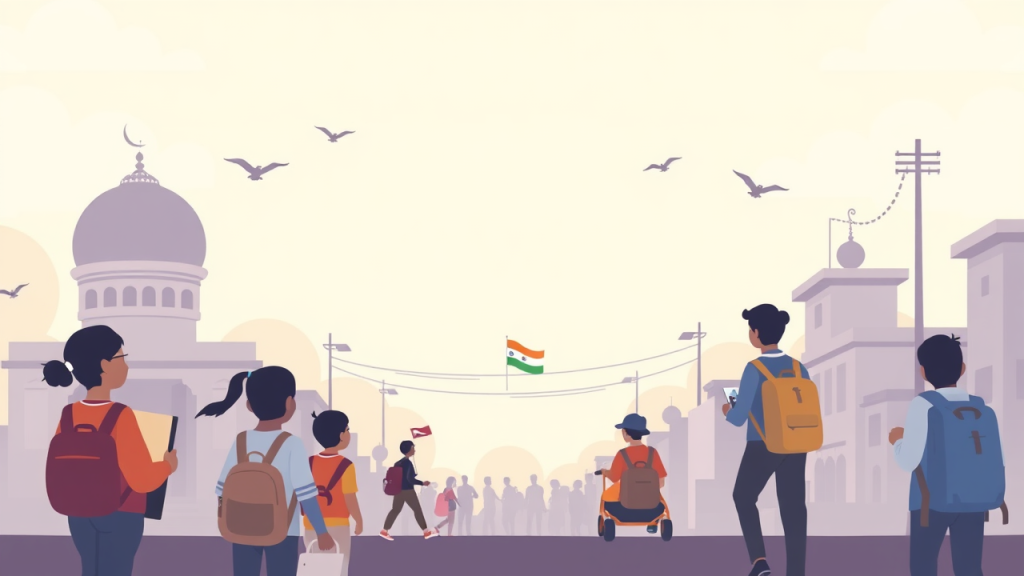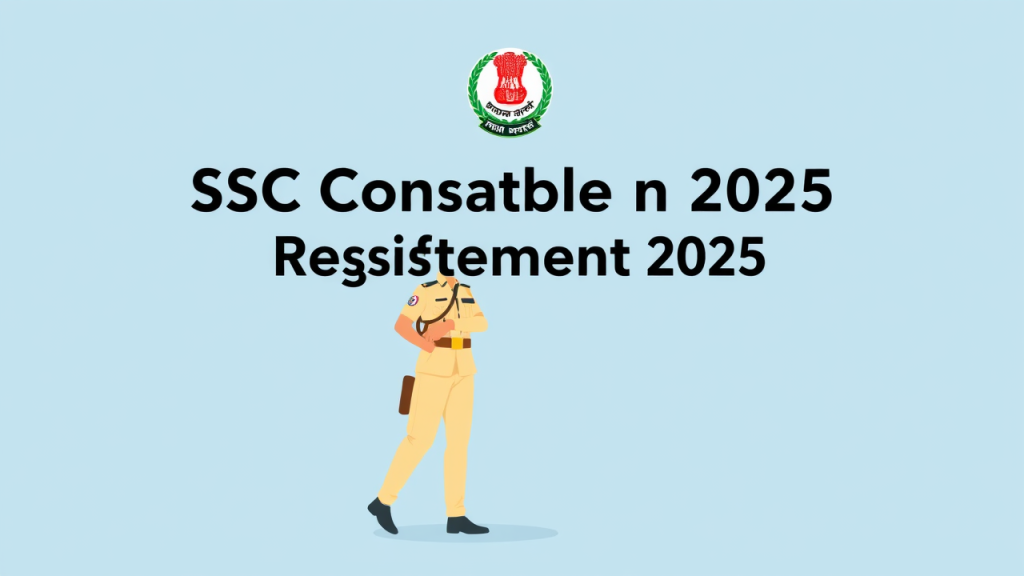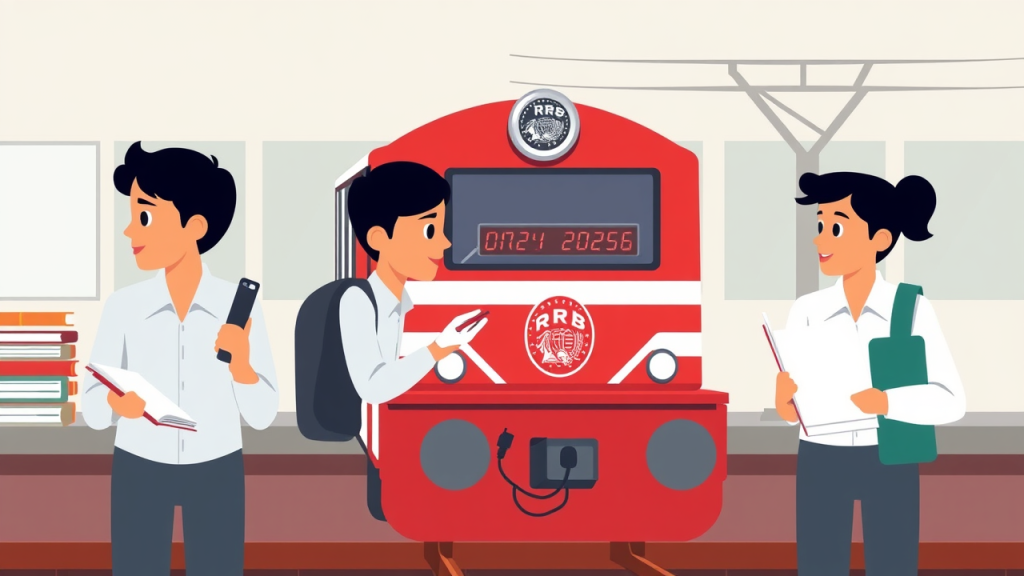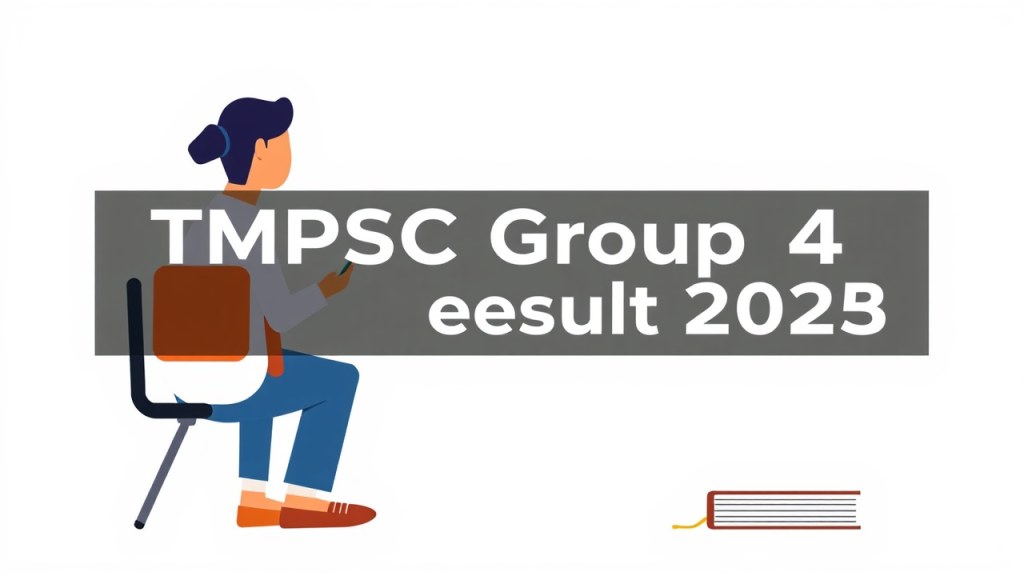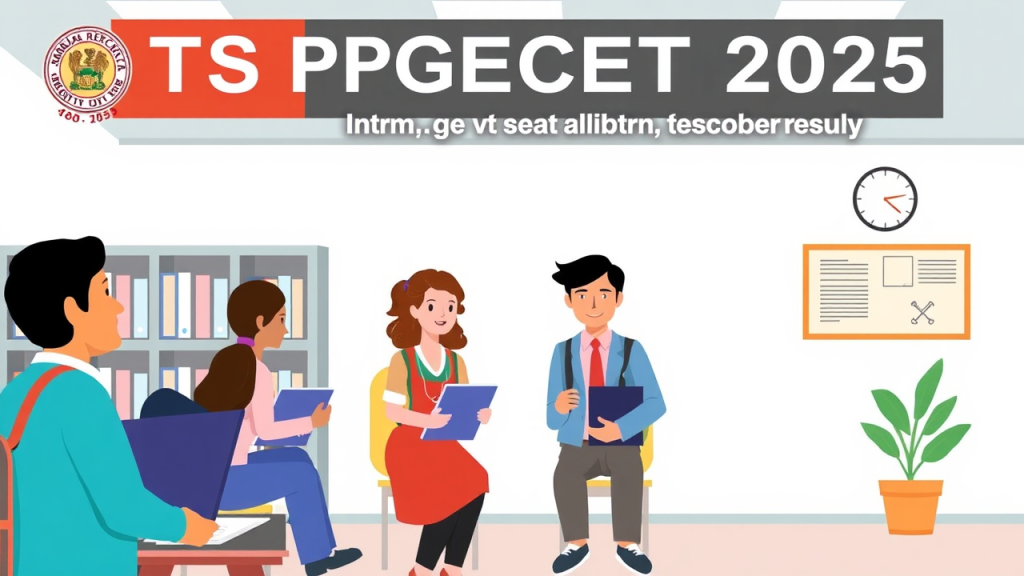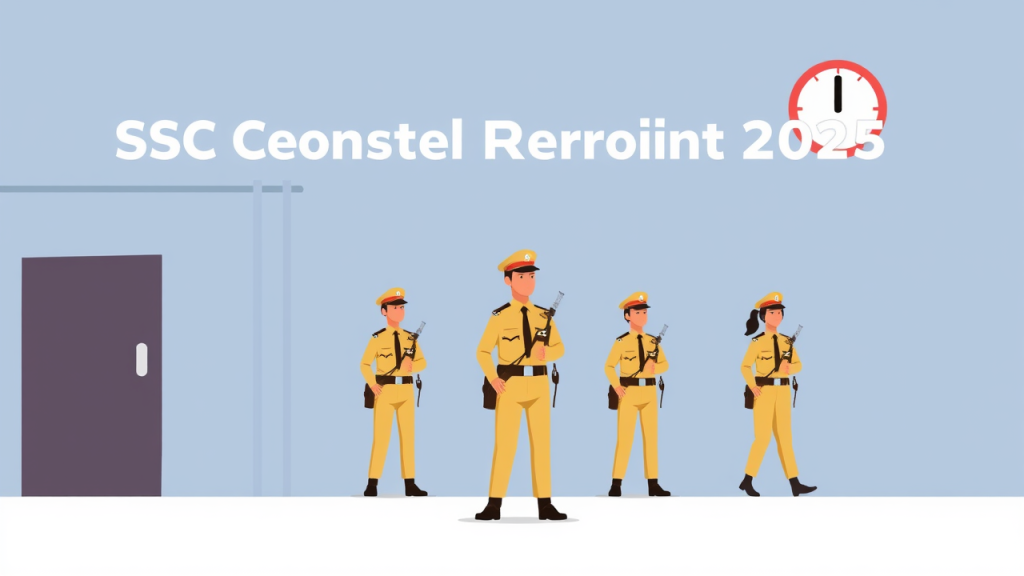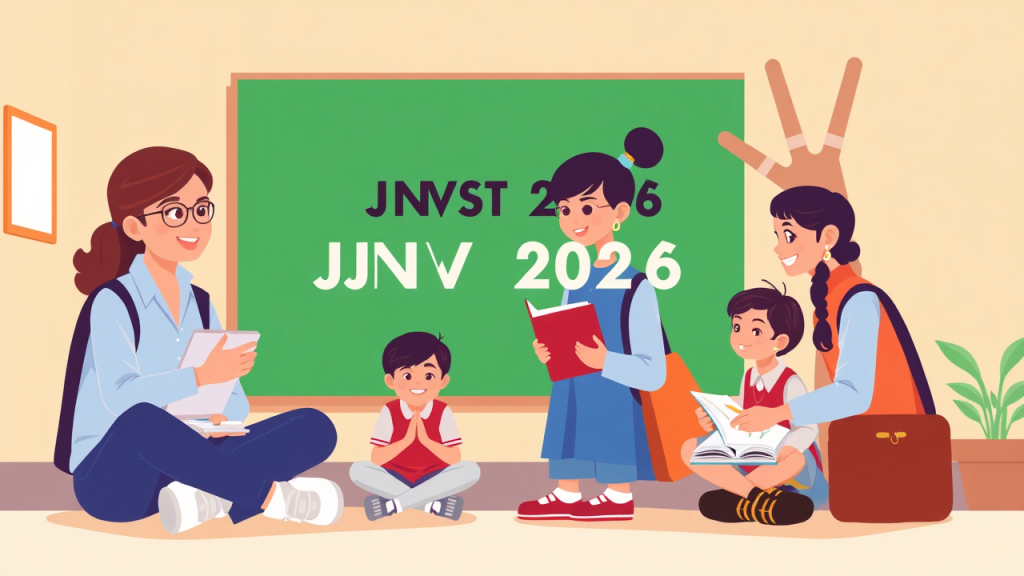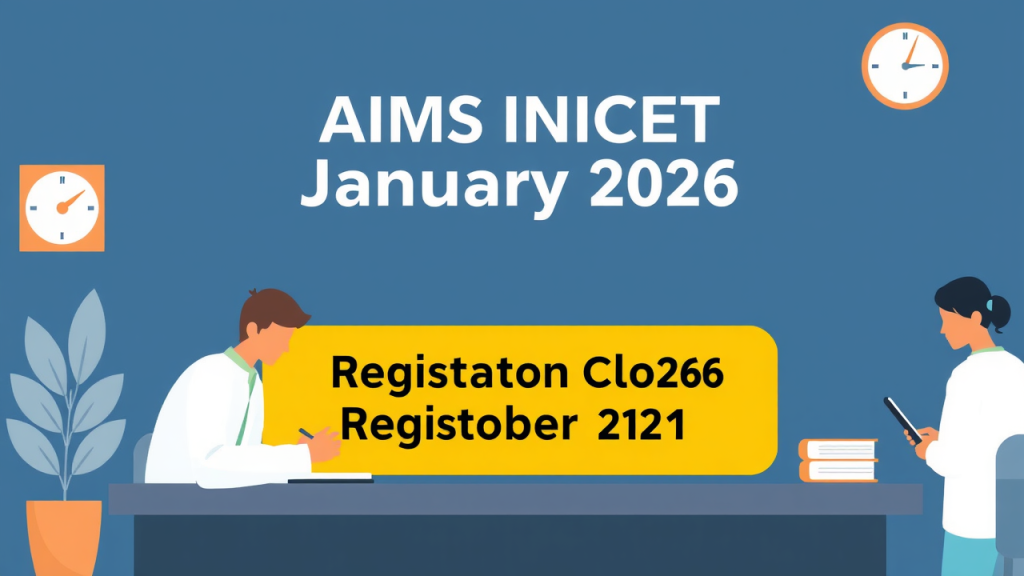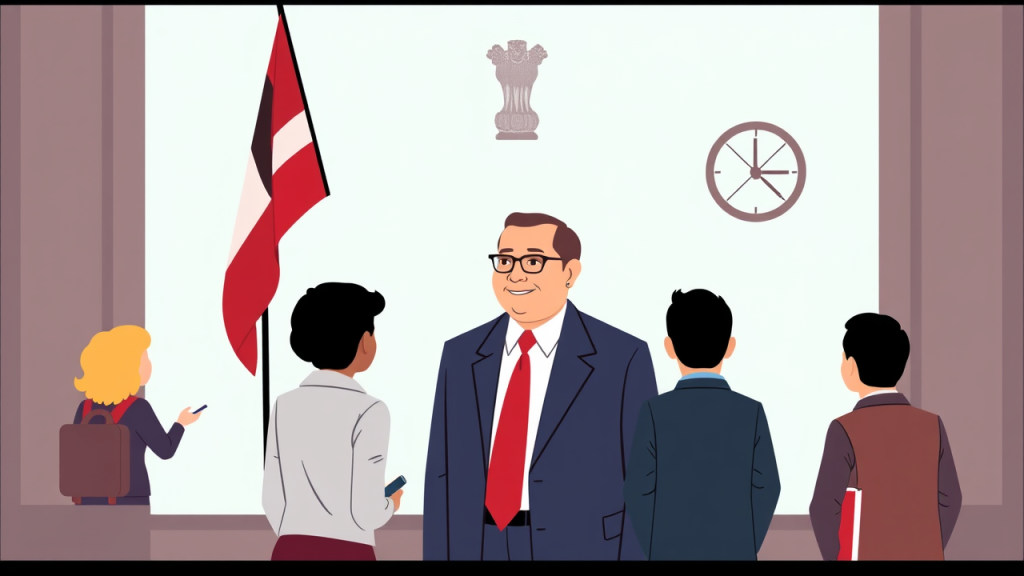African Governments Expand School Meals to 20 Million More Children
Governments in sub-Saharan Africa have given school meals to about 20 million more children in the past two years. The World Food Programme says this shows countries are relying less on foreign help and focusing more on education.
New Delhi, 10 Sep 2025
Governments in sub-Saharan Africa have given school meals to about 20 million more children in the past two years. The World Food Programme says this shows countries are relying less on foreign help and focusing more on education.
Big increase in school feeding across Africa
The number of children getting school meals in sub-Saharan Africa went up by almost one-third. Now 87 million children get meals at school. Some poor countries like Ethiopia, Rwanda, Madagascar and Chad are feeding six times more children than before. This is good news for Africa, where many people do not have enough food. The UN says over 300 million Africans do not get enough to eat. This number is worse than 20 years ago.
School meals help local farmers too
When governments buy food for school meals, it helps local farmers. In Benin, buying local food for schools added over 23 million dollars to the economy in 2024. In Sierra Leone, more than one-third of school meals came from small farmers. But some very poor countries like Congo, Somalia, and South Sudan still cannot give meals to many children. They need help from other countries, but this help is getting less.
Government investments in school meals signal a significant shift from reliance on foreign aid to recognising school meals as a strategic public investment in childrens education and health.
The World Food Programme will continue to monitor school meal programs in Africa. Follow The Rising News for more verified updates.
Updated 10 Sep 2025, 21:04 IST; source: link


